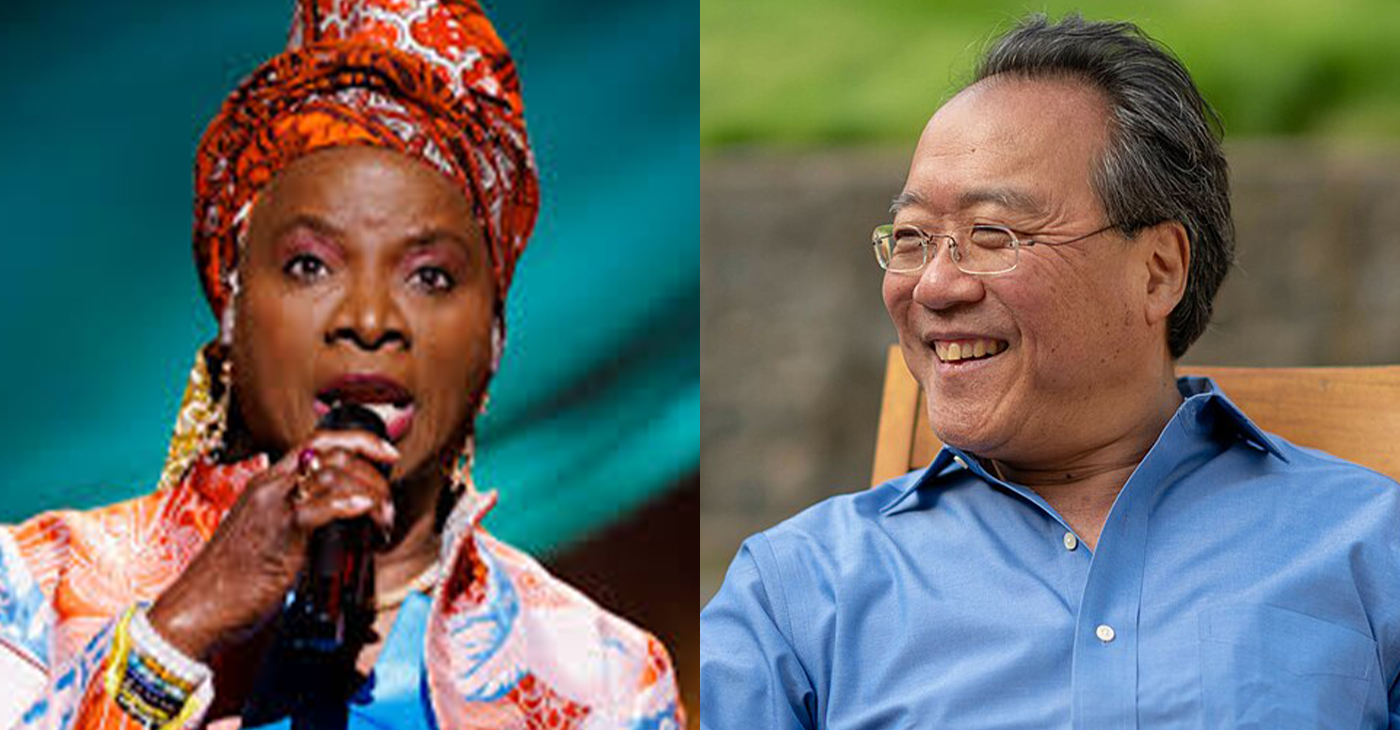MLK: “America has defaulted on its promissory note to citizens of color”
Thomas Jefferson: “God is just and his justice shall not sleep forever.”

On the back burner for more than 150 years, the issue of reparations was on the menu

Paul Cobb
Wednesday at the Mockingbird restaurant in Oakland.
It was serendipity, coincidence and providence all at once as my wife and I, who were celebrating Ray Leon’s retirement from working almost 30 years for the city of Oakland, were seated near a group of about 15 Black community leaders, all former government or elected officials who had gathered on Juneteenth, the same day that the U.S. Congress had opened hearings on reparations.
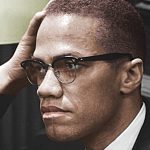
Malcolm X
Former City Councilman Leo Bazile came over from their long table to salute Leon and Gay Cobb, who has also recently retired, for their service to the city.
Bazile asked, “Did you see the C-Span TV broadcast this morning featuring a panel that included Danny Glover testifying on Reparations this morning?”
Texas Congresswoman Sheila Jackson-Lee has reintroduced HR.40, which was first initiated by Rep. John Conyers 30 years earlier.
We noted some of historically rich symbolism of that date, time, place and the significance of Juneteenth.
There we were, with Black leaders who pioneered city and community leadership at our backs, in a restaurant that has a name of double-entendre racial association on the anniversary of the day that slaves received freedom news — two years late.

Leo Bazile
Just like the news of freedom was overdue in 1865 for those enslaved Texans, the congressional Commission for Reparations discussion was also overdue.
It is 400 years since the first boatload of 20 African captives were brought against their will to what is now Hampton Va., (where Hampton University is) to the responsibility of that settlement’s leaders.
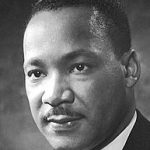
Martin Luther King, Jr.
There has never been a time when our forbears were not trying to get justice for us: first freedom, which finally came in 1863, and since then economic redress for our free labor that could have been done in the 1860s with the proverbial 40 acres and a mule.
But white supremacy thwarted that.
Reparations for slavery and all of the white supremacist policies since then have been at the center of the lives of all of us who were at the at the Mockingbird on Wednesday.
We recalled how former presidential candidate and Civil Rights leader Rev. Al Sharpton elevated the Reparations discussions as an integral part of the presidential primary elections process. Black Caucus Chairperson Karen Bass testified about the 110th congress’ apology for slavery in 2009.
Over the next 10 issues, or more, Bazile and I will be outlining who has “standing” to be able to sue for Reparations. We will also publish a monthly insert on “Reparations to Repair-a-Nation” chronicling the history, issues, books, literature and organizations advocating for Reconciliation, Reparations and Restitution.

Danny Glover
Bazile is a rare combination of activist, elected official, legal scholar and writer who has experienced this issue. He and I are committed to resuscitating a resolution to the city of Oakland and organizing public forums to educate the community as a continuum of when he, Virtual Murrell and I started this debate at Merritt College in 1966.
Oakland and the Bay Area has been in the vanguard, or in the mix of leadership thought and activism on the Reparations questions for the last 60 years.
The McClymonds High School 1962 “Mind of the Ghetto” conference sponsored by the Afro-American Association brought MalcolmX, Floyd McKissick, Wil Ussery, Muhammad Ali and Don Warden (Khalid Abdullah Tariq Al-Mansour) and featured Civil Rights leaders, Black historians and activists who dared to make the umbilical connections of “Civil Rights” and “Silver (Money) Rights” as sides of the same coin.
The calls for financial reconciliation from that conference were shared with Dr. Martin Luther King, Jr. in December of 1962 when he spoke at the Oakland Auditorium.
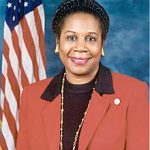
Sheila Jackson-Lee
In 1963’s March on Washington, Dr. King’s opening statement was a call for America to provide sufficient funds for the check to Black America.
But the mainstream media seized upon the drama, poetic sermonized dream soliloquy. The speech was labeled “The Dream” while the Reparations references became a “nightmare” for many white politicians.
At the 1963 March, Gay Plair Cobb remembered how Dr. King eloquently shocked the nation when he said, “In a sense we’ve come to our nation’s capital to cash a check. It is obvious today that America has defaulted on this promissory note insofar as her citizens of color are concerned.”

Rep. John Coyners
In 2011, Phillip Kennicott wrote an analysis of King’s “bad check” references in the Washington Post “in what rhetoricians would call the exordium, or introduction, of his speech. And he went on to accuse the United States of being a moral skinflint when it came to honoring the debts of justice.”
The metaphor of a check or promissory note was standard in political discourse at the time. Less than a month before King’s speech, a writer for Newsweek used a similar image, noting that African Americans had “demanded payment of the century-old promissory note called the Emancipation Proclamation.”
King’s speech explicitly invoked the memory of Abraham Lincoln, who had used the idea of debt and payment in his second inaugural address. If the Civil War continues, said Lincoln, “until all the wealth piled up by the bondman’s 250 years of unrequited toil shall be sunk, and until every drop of blood drawn with the lash shall be paid by another drawn with the sword,” then that was God’s will.
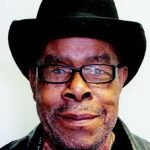
Oakland reparations trailblazer Bishop Henry Williams
Other civil rights leaders had used similar language, often with apocalyptic overtones. The same summer as the March on Washington, Malcolm X had warned, “A bill is owed to us and must be collected.” Scholar Eric J. Sundquist points out that Atticus Finch in Harper Lee’s “To Kill a Mockingbird” says, “It’s all adding up and one of these days we’re going to pay the bill for it.”
Bazile, a Christian, agreed with Lincoln and referenced Thomas Jefferson as he looked out his window watching his slaves working for no pay and said “I tremble for my country when I think that God is just and his justice shall not sleep forever.”
Bazile observed “Monuments and museums make a mark but MalcolmX said to bring bring this issue to the United Nations.”
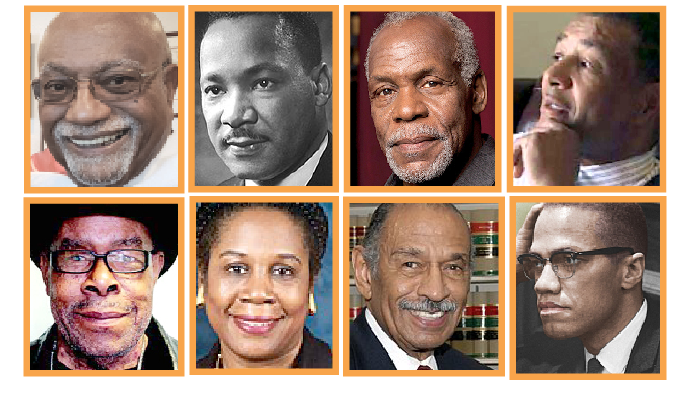
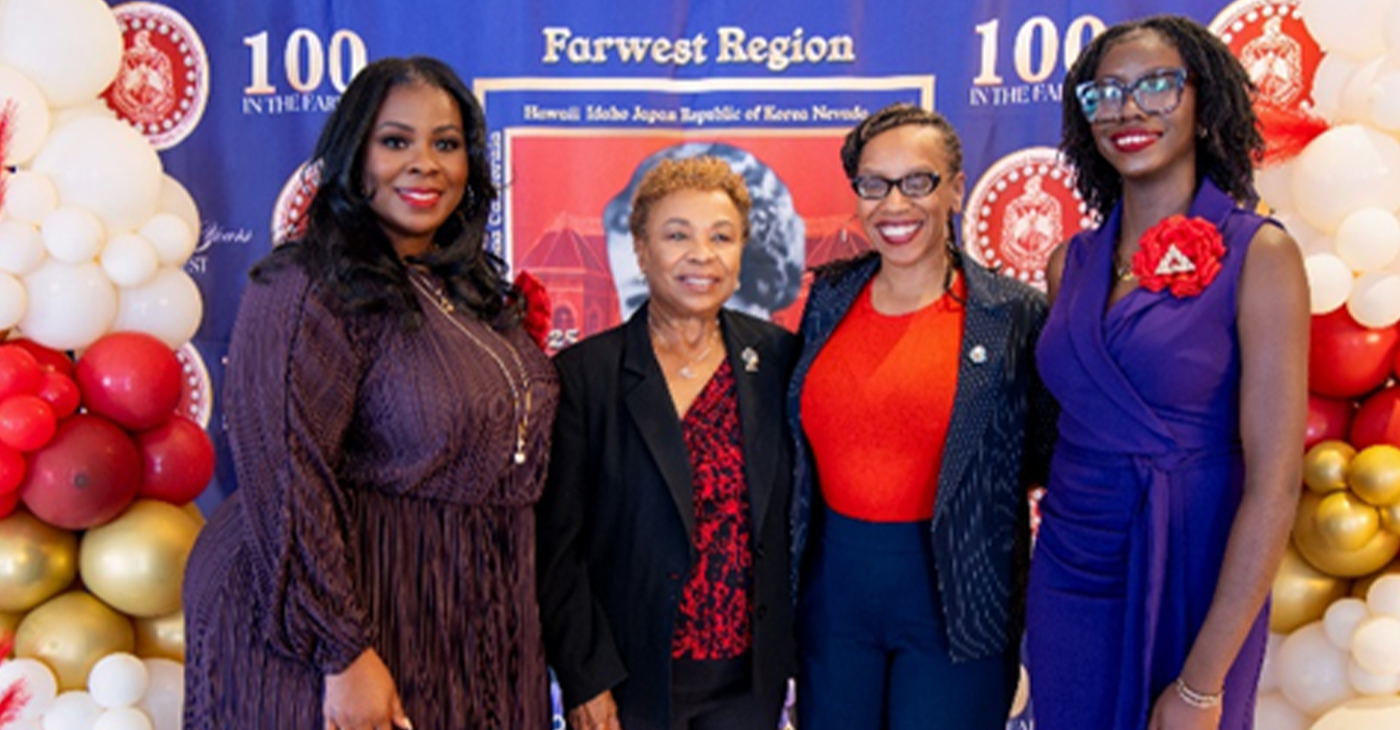
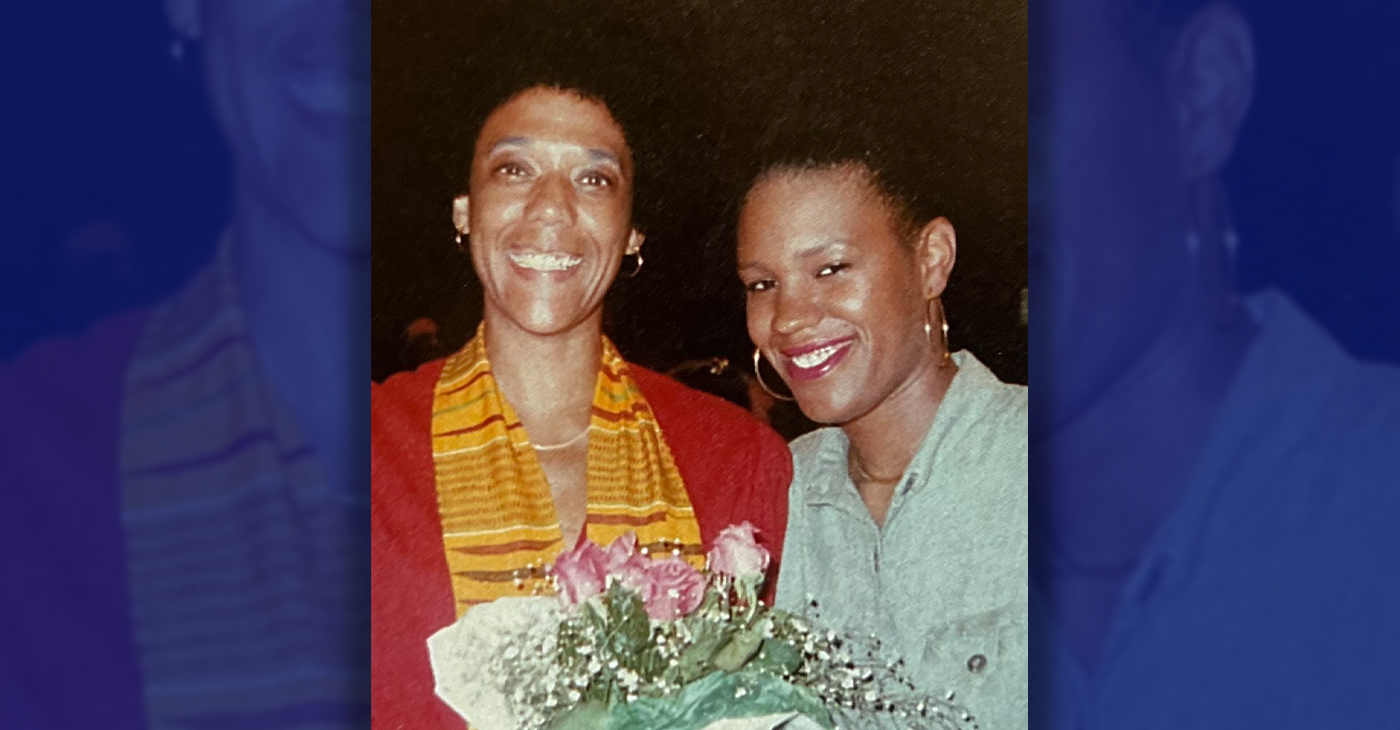

 Activism4 weeks ago
Activism4 weeks ago
 Activism4 weeks ago
Activism4 weeks ago
 Alameda County4 weeks ago
Alameda County4 weeks ago
 Activism4 weeks ago
Activism4 weeks ago
 Alameda County4 weeks ago
Alameda County4 weeks ago
 Activism4 weeks ago
Activism4 weeks ago
 Activism4 weeks ago
Activism4 weeks ago
 Activism3 weeks ago
Activism3 weeks ago





















